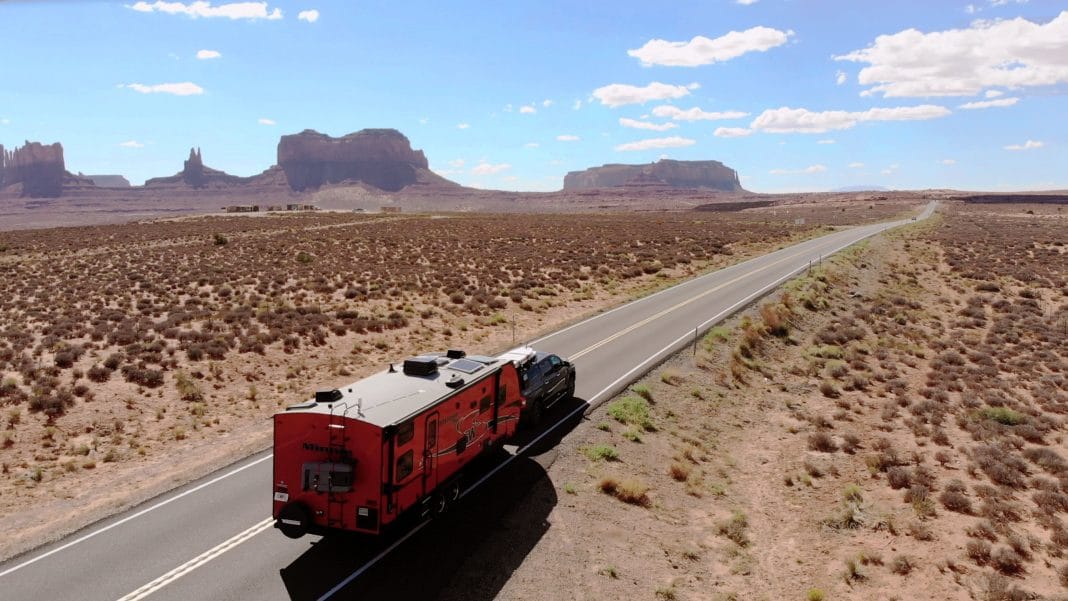Hitting the road full-time in an RV does not mean losing contact with loved ones and friends any more than moving to a new home does. You may not be able to see them in person as often as when you lived a “regular” life, but you can contact each other with the written word and the airwaves whenever you wish.
Mail-forwarding is a service that is both relatively inexpensive and reliable. As a kind of intermediate post-office, it allows the subscriber to have a definite address to give to people he wants to be able to contact by mail. Those services are simply mailboxes to which one’s mail goes for forwarding to another destination. Subscribers to the service write or call in for their mail to be forwarded to them as they travel. It might be forwarded to a specific location, such as a campground, a friend or a relative, or to General Delivery in a small town. The service charge by the mail forwarder is generally quite reasonable; however, there is a postage charge for all forwarded mail. There are two types of mail-forwarding agencies: those associated with clubs, such as the Good Sam Club, and those operated by private companies. Services and prices vary, so it is wise to do some shopping.
For voice communications, companies that provide mail-forwarding service usually also have telephone service. Subscribers to that service give the 800 number to whomever they wish — people call in with messages that may be received as voice mail, and the subscriber calls in for his messages. This service makes it possible for people on the road
to maintain contact with family and friends daily if they wish. The cost is generally a modest fee for the basic service and a charge for each call. These services are listed in the classified section of this and other RV publications.
Mobile electronic communications are becoming more common, but the cost of using cellular phones still restricts that
medium. Few full-timers who are out of their home area feel like casual chatting with grandchildren at over a dollar a minute. When that price comes down to more reasonable rates, every motorhome will have this medium for voice communication and it will be used widely. Also, where you travel can make a great difference in the operation of your phone. There are still many “dark areas” where there is no cell-phone service. It is a fact that the ordinary pay phone is still the cheapest bet, and the incredible competition among telephone companies makes it better every year to use a telephone credit card.
Although being there in person to hug and talk to a loved one is always best, full-timers should remember that parents and/or children — especially grandchildren — treasure your written words. It’s hard to top the joy of a 5-year-old who has just received a picture card of an alligator and a note from Grandma who is traveling with Grandpa in Florida. And vice versa when the full-timers receive a crudely addressed envelope with a grandchild’s latest artistic creation and those wonderful printed words: “I love you, Grandma and Grandpa.”


